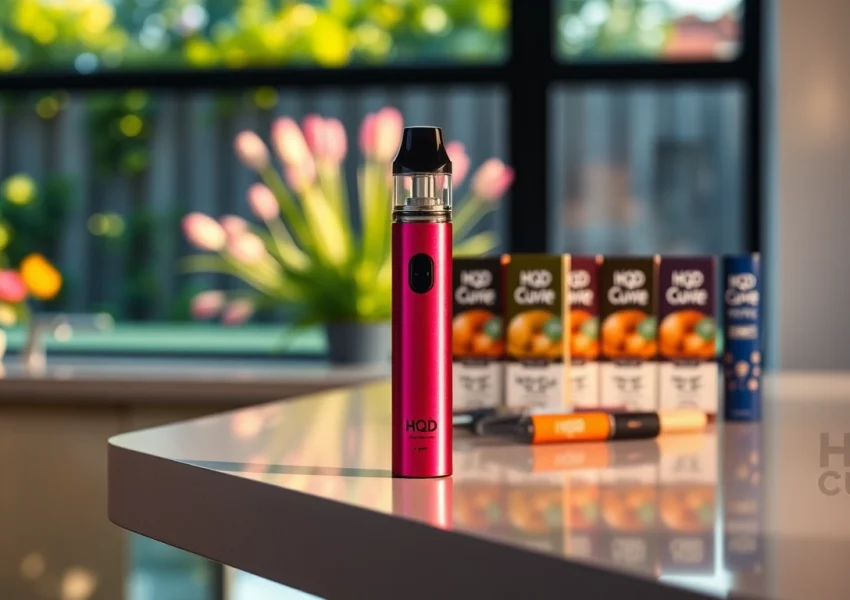Understanding Facial Masks
What is a Facial Mask?
A facial mask is a skincare product designed to be applied to the face for a set period, delivering concentrated treatment and nourishment to the skin. Derived from various ingredients, these masks work to address specific skin concerns such as hydration, oil control, acne treatment, anti-aging, and brightening. Typically found in gel, cream, clay, or sheet form, facial masks allow for intensive therapy that may not be achievable through regular moisturizers or serums alone. The application of a facial mask can be both a pampering at-home ritual and a scientifically-backed skin rejuvenation technique.
Types of Facial Masks: A Scrutinized Overview
Facial masks come in a range of types, each specifically formulated to address various skin concerns:
- Clay Masks: Ideal for oily and acne-prone skin, clay masks absorb excess oil and impurities while detoxifying the pores.
- Cream Masks: These rich formulations hydrate and nourish dehydrated skin, making them perfect for those with dry or mature skin types.
- Sheet Masks: Infused with serums, sheet masks deliver a concentrated dose of ingredients directly to the skin, targeting hydration and revitalization.
- Peel-Off Masks: Typically designed for exfoliation, these masks help remove dead skin cells and unclog pores, promoting a clearer complexion.
- Exfoliating Masks: Containing active ingredients like AHAs or BHAs, these masks help slough away dead skin for a refreshed appearance.
- Hydrating Masks: Rich in humectants, these masks provide moisture and improve the skin barrier, ideal for dry or dehydrated skin.
Benefits of Using a Facial Mask Regularly
Incorporating facial masks into your skincare routine can yield multiple benefits:
- Deep Cleansing: Facial masks draw out impurities from deep within the pores, providing a level of cleansing that regular face washes may not achieve.
- Enhanced Hydration: Many facial masks are designed to deliver essential moisture, leaving the skin hydrated and plump.
- Improved Absorption: Masks can enhance the efficacy of your subsequent skincare products, as they prepare the skin to absorb serums and moisturizers more effectively.
- Soothing Effects: Formulated with calming ingredients, certain masks can reduce redness and irritation, making them ideal for sensitive skin.
- Time for Self-Care: Using a facial mask is also a moment for self-indulgence and mental wellness, promoting relaxation and care for oneself.
Choosing the Right Facial Mask for Your Skin Type
Identifying Your Skin Type
Understanding your skin type is crucial for selecting the right facial mask. Here’s how to identify yours:
- Oily Skin: Shiny appearance, enlarged pores, and frequent breakouts.
- Dry Skin: Flaky, tight, or rough texture, with visible fine lines.
- Combination Skin: Oily T-zone (forehead, nose, chin) with dry or normal cheeks.
- Sensitive Skin: Easily irritated, prone to redness and reactions to products.
- Normal Skin: Balanced skin with minimal issues and even texture.
Facial Masks for Oily and Acne-Prone Skin
For those with oily and acne-prone skin, selecting the right mask is key to managing oil production and reducing breakouts. Clay masks enriched with kaolin or bentonite are particularly effective, as they help absorb excess sebum and clear out impurities. Others may benefit from masks containing salicylic acid, which can help prevent clogged pores and treat existing blemishes.
Hydrating Facial Masks for Dry Skin
Individuals with dry skin benefit from hydrating facial masks that contain ingredients like hyaluronic acid, aloe vera, or glycerin. These ingredients work by drawing moisture to the skin and forming a protective barrier, preventing trans-epidermal water loss. Cream masks are often thicker and richer, providing the extra hydration necessary for comfort and suppleness.
How to Properly Apply a Facial Mask
Preparation Steps Before Application
Proper preparation before applying a facial mask is essential for achieving maximum results:
- Cleanse Your Face: Begin with a gentle cleanser to remove makeup, dirt, and impurities from the skin.
- Exfoliate (Optional): A light exfoliation can help slough off dead skin and enhance the mask’s effectiveness.
- Steam Your Face (Optional): Steaming can open pores, making it easier for the mask to penetrate deeply.
- Patch Test: Especially important for sensitive skin, conducting a patch test on a small area can prevent adverse reactions.
Application Techniques for Maximum Efficacy
For optimal benefits, the technique employed in applying the facial mask matters:
- Even Layering: Use a brush or your fingers to apply an even layer of the mask without overloading any specific area.
- Time It Right: Follow the manufacturer’s instructions on how long to leave the mask on—typically between 10 to 30 minutes.
- Avoid Sensitive Areas: Take care to avoid the eyes, lips, and other sensitive areas while applying the mask.
Post-Mask Care and Follow-Up
After the mask has been removed, follow up with a soothing skincare routine:
- Rinse Thoroughly: Use lukewarm water to effectively remove the mask without stripping the skin.
- Tone: Apply a toner to balance the skin’s pH.
- Moisturize: Seal in moisture with a nourishing moisturizer appropriate for your skin type.
- Use Sunscreen (Daytime): If the mask contains exfoliating acids, be sure to apply sunscreen during the day.
Common Mistakes When Using Facial Masks
Frequency of Use: Finding the Balance
One of the most common mistakes is overusing or underusing facial masks. While many people believe that daily masks can provide the best results, this can lead to irritation, especially if the mask contains active ingredients. Generally, once or twice a week is adequate, depending on the mask type and individual skin needs.
Choosing Ingredients That Suit Your Needs
Another frequent pitfall is selecting masks based on marketing hype rather than individual skin needs. Always check the ingredients list and consider your skin type, concerns, and any allergies. If you’re unsure, consulting with a dermatologist can provide valuable insights.
Signs You’re Using the Wrong Facial Mask
Be vigilant for signs that indicate the mask isn’t suitable for your skin, such as:
- Increased redness or irritation.
- Worsening breakouts or oiliness.
- Dryness or peeling skin.
- Any unusual burning or stinging sensations.
Top Recommended Facial Masks on the Market
Best Budget-Friendly Facial Masks
For those on a budget, effective options are available without breaking the bank. Some highly-rated budget-friendly facial masks include:
- Aztec Secret Indian Healing Clay: Known for its detoxifying properties, this clay mask draws out impurities and can be mixed with various liquids for customization.
- Freeman Face Masks: These affordable masks come in an array of formulas and are perfect for a quick and effective skin treat.
- Palmer’s Coconut Hydrating Facial Mask: Rich in coconut oil and vitamin E, this mask provides deep hydration at an affordable price.
Luxury Facial Masks Worth the Investment
If you prefer luxury skincare, consider investing in high-end masks that promise quality results:
- SK-II Facial Treatment Mask: This premium sheet mask is infused with Pitera, a signature ingredient known for its anti-aging properties.
- Drunk Elephant F-Balm Electrolyte Waterfacial: An overnight mask that hydrates and replenishes skin while you sleep.
- La Mer The Hydrating Facial: A luxurious choice that provides intense moisture and revitalizes dull skin.
User Reviews and Recommendations
Your peers’ experiences may also guide your choices. Online reviews and feedback on beauty blogs or skincare forums provide insights into the effectiveness of particular masks. Users often discuss their skin type, concerns, and results, which can help tailor your selections.
Conclusion
Facial masks can be transformative elements in your skincare routine, targeting specific skin concerns and providing deep nourishment. By understanding the different types of masks and how to choose one suited for your skin type, as well as applying it correctly, you can maximize the benefits of these potent formulations. Avoiding common pitfalls and learning from others’ experiences further enhances your ability to enhance your skin health effectively. With a range of options available, from budget-friendly to luxurious, embracing the world of facial masks can lead to revitalized skin and a rewarding self-care practice.






